Learn why discovery meetings are worth the effort, how these meetings help turn complex ideas simpler, reduce uncertainties and pave the way for a ‘surprise-free,’ productive collaboration.
Asa product design and development agency, we get a chance to witness some incredible dreams and visions. Alas, only a few make it to reality, because of reasons ranging from inadequate funding, mismanagement to the misalignment of users’ needs & what a product is trying to achieve.
In our earlier days, we often used to send proposals, quote a price only never to hear back from our prospects.
This led to sadness, disappointments and what not — often endless nights were spent thinking what could have been done to understand the prospect better, make him/her grasp why we did what we did and so on.
And, that’s when we decided to start everything we did with a discovery meeting.
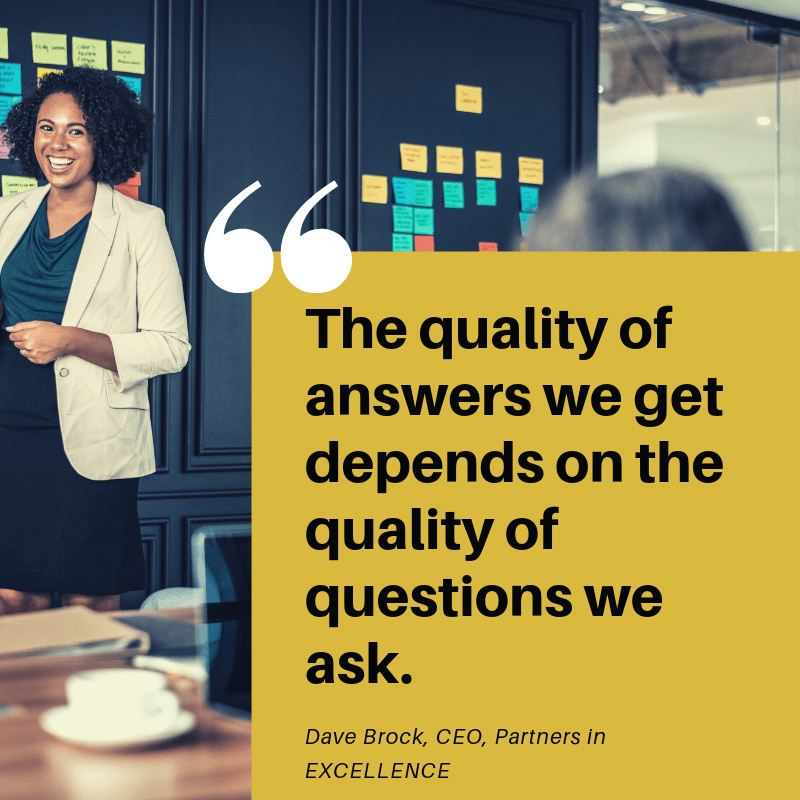
The idea behind writing this post is to help every prospect understand why a discovery session is critical even before we quote a ballpark.
As product designers & developers, we firmly believe we must hold a meaningful dialogue with our prospects and build a relationship than make a sale. And, discovery meetings are a perfect way to get started by understanding each other better.
What you’ll understand with this post -
- What is a discovery meeting?
- Why is a discovery session important?
- How can a discovery meeting lead to better outcomes?
- How do the right questions bring out the value of your brand/product/company?
- What are some typical discovery meeting questions?
- How SoluteLabs conducts a remote discovery meeting?
What is a Discovery Meeting? — The route to diagnosing business problems/challenges
Being in product design and development for years has taught one of the simplest yet most profound things — customers don’t care about our company or what we have done for others. They only care about one thing — what can we do for them. Period.
And, what we can do for them can only be answered once we know them in and out.
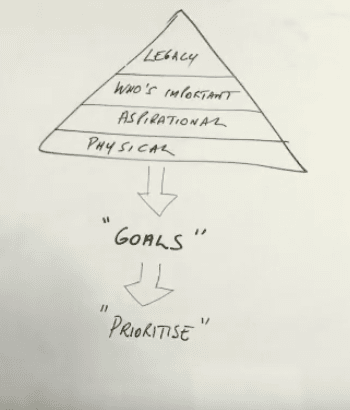
Murray Wilkinson, the Lead Adviser at Future Gen Solutions (a leading financial advisory services provider) very aptly describes what an initial discovery meeting aims to achieve.
A discovery session is conducted mainly to understand what is essential to a customer not only in the present but in the future. This, in turn, helps understand and prioritize the goals you are trying to achieve with a product (software/app/web application/website).
The above-described pyramid helps derive your goals and prioritize them to achieve your long-term vision. Now irrespective if one wishes to move forward or go to another service provider, the whole exercise is significant given it helps to understand your overall needs better.
It eliminates scope-creep, mismatched expectations and saves time, efforts and money in the long-run.
Think of it like this -
Over the past few months, you have been feeling uneasy, tired and not being able to function productively. One fine day, you just don’t have the energy to work. You have been delaying the visit to your doctor. You don’t realize what’s wrong with you.
You finally decide you, no longer, can prolong the visit and make an appointment. You only get 15 minutes. The doctor asks a few, simple questions and boom! You realize what’s wrong.
You don’t go to the doctor and ask him to prescribe you an Aspirin or Xanax. You just are not aware of the problem, and you let your doctor diagnose the problem based on the symptoms you describe.
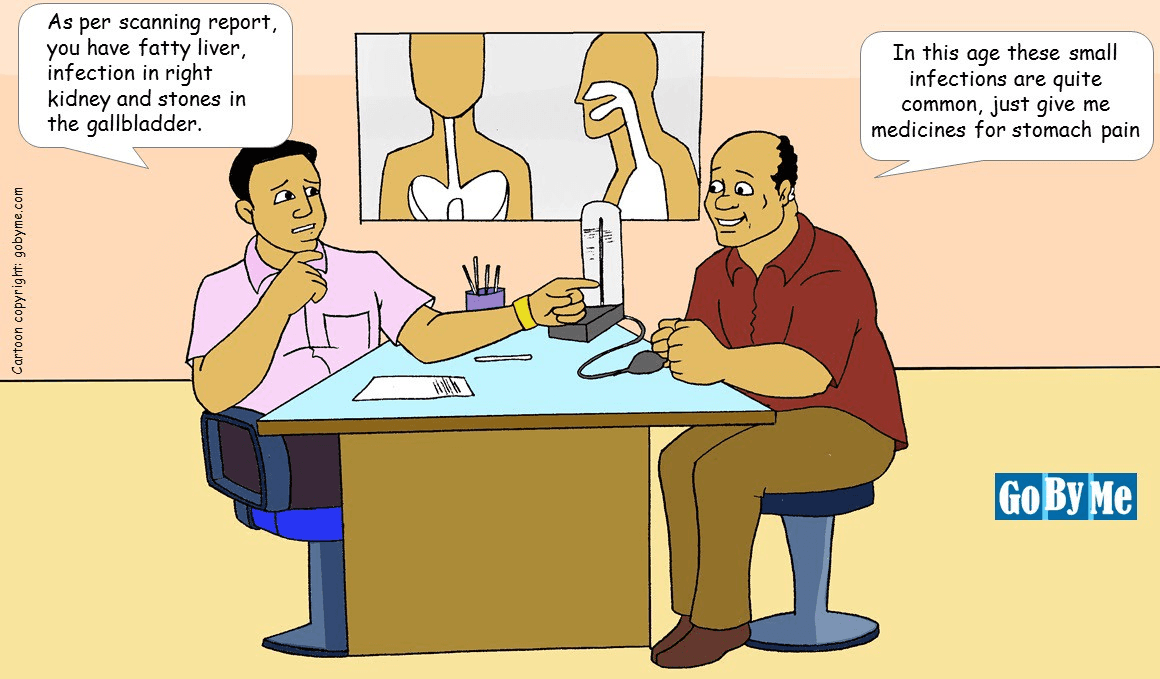
And, you happily pay his/her fees for 15 minutes. Now, it’s up to you to continue the treatment with that doctor or take the diagnosis somewhere else, entirely for you to decide. Most likely you will stay with that doctor.
A discovery meeting will eventually also help you decide whether both parties are on the same page and the right fit for each other based on the diagnosis. Murray Wilkinson likes to call this as ‘chemistry appointment.’
Purpose of Discovery Sessions — let you uncover potentials & avoid disasters you might not even be aware of
During our initial meetings with prospects, we have heard this ’n’ number of times — our sales & marketing teams are in full swing, we just want to launch XYZ by this month’s end, how much will it cost to design and develop our app, we don’t have much time, we just need to ship the product.
And, we are like whoa!

Then, we muster up some courage to ask questions around product-market fit, what challenges one is trying to solve, etc. & why similar questions need to be addressed in a discovery session.
Realizing they might have gone a bit far, they immediately halt their existing plans and start uncovering the why.
And, ultimately we ensure an idea does not go to the graveyard.
Jim Cathcart, the author of Relationship Selling, best puts it — It’s one thing to know the right questions and it’s another to know why to ask them.
Based on the questions, one might have his/her Eureka moment and discover what will make a product best-selling and increase the chances of success.
By asking high-value, thought-provoking and strategic questions you will know what makes your product different, how to sell it to customers by acknowledging their needs and be a blockbuster success.
In the end, we may or may not agree, but all of us want to make money. Thinking of an idea and getting it implemented by a product development agency isn’t going to guarantee success.
Statistics can be discouraging further. When we hear 90% of the startups fail, or 35% of the products will fail to generate revenues, we can’t help but think and re-evaluate whether we are on the right path.
Using a discovery meeting as your tool, you can avoid -
- The failure that comes with not understanding who your users are and what they need/want.
- Trying to solve a problem that was not a problem in the first place. You just conjured up an idea and were so self-occupied and couldn’t see the blind alley you were walking into. Entrepreneurial myopia is on the rise. One becomes so much obsessed with one’s startup/idea that one fails to have an open mind.
Here’s an example — Americans love coffee. They consume 400+ millions of cups of coffee each day. Back in 1990, when Starbucks was just around the block, General Foods introduced Maxwell House Ready to Drink Coffee.
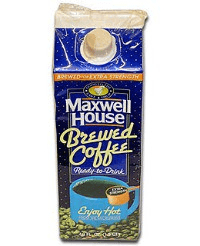
You might wonder why? A great way to enjoy an instant cup of coffee anytime, anywhere. No problem with the idea right? Go to the market, fetch the coffee, put it in a microwave and that’s it. What’s wrong with this?
Simple common sense will tell you not to put the coffee with its package in your microwave. You need to pull it out of the package into a mug and then use the microwave. Is this anything different than using a coffee-maker? The product was abandoned. Neither marketing nor genius ideas could save it.
- Trying to chase competition by introducing similar products with no key differentiators. Messaging will not save a product if you are in the wrong market.
- Timing is of great essence. No matter how good your product looks, late-entry is still going to impact it. There are tons of weather apps in the market. Introducing one can be suicide if you are only re-hashing the features and functionalities.
Seeing a discovery meeting as a process before the process
Laurel Natale, a UX Strategist, rightly calls the initial meeting as the process before the process. Most of the times, a prospect gets introduced to an agency’s style of working that includes key parts like kick-off meeting, doing research, creating wireframes, getting feedback and doing the actual UI and development work.
The problem with this approach is we get to know about various goals like we want more sales, leads, customers blah blah. One ends up researching, creating user personas, maybe a bit of usability testing and what not. Ultimately when the end product is released, we get a volley of comments from users of what sucks. Endless meetings happen where we talk to users, see what’s not working, scratch our heads and are back to square one.
The point is before having a conversation with users, one needs to have a conversation with the owner.
Read the article here in detail —https://uxplanet.org/uxs-missing-manual-14ce1931490a
The discovery meeting questions that lead you to insights

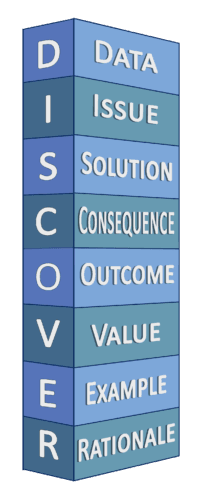
- Once you have known about a founder’s daily role (what he/she is responsible for), it is important to ask questions on what metrics they are responsible for ( in terms of sales, customers, operations, financial, etc.) This lets us know what the existing situation is and where the company desires to be. At the end of the day, it is a numbers game.
- Understanding what existing areas that are working well and what is working well within those. You might not want to change/alter unnecessarily what’s working well.
- Trying to gauge problem areas/challenges. How these are becoming roadblocks to long-term goals. What is the priority when it comes to these problem areas. Knowing what the source of these problems i is absolutely essential.
- Seeing why some problem-areas haven’t been addressed, what has caused the company/owner to overcome these challenges.
- Does the company have an existing strategy to solve these issues?
- In case any existing strategy is used to solve and has not worked out well & why.
- What is their idea about a solution and why they think it will lead to better outcomes?
- How does success look like to owners? Important to know what different co-founders feel.
At SoluteLabs, we conduct both face-to-face, 1 on 1, and remote discovery meetings. And, it consists of the following -
Conducting virtual discovery meetings might seem challenging but with the right tool-set, one can easily achieve the requisite objectives.
Depending on what kind of functionality is required, we use everything from a video conferencing software to a screen sharing tool to ensure everyone is on the same page.
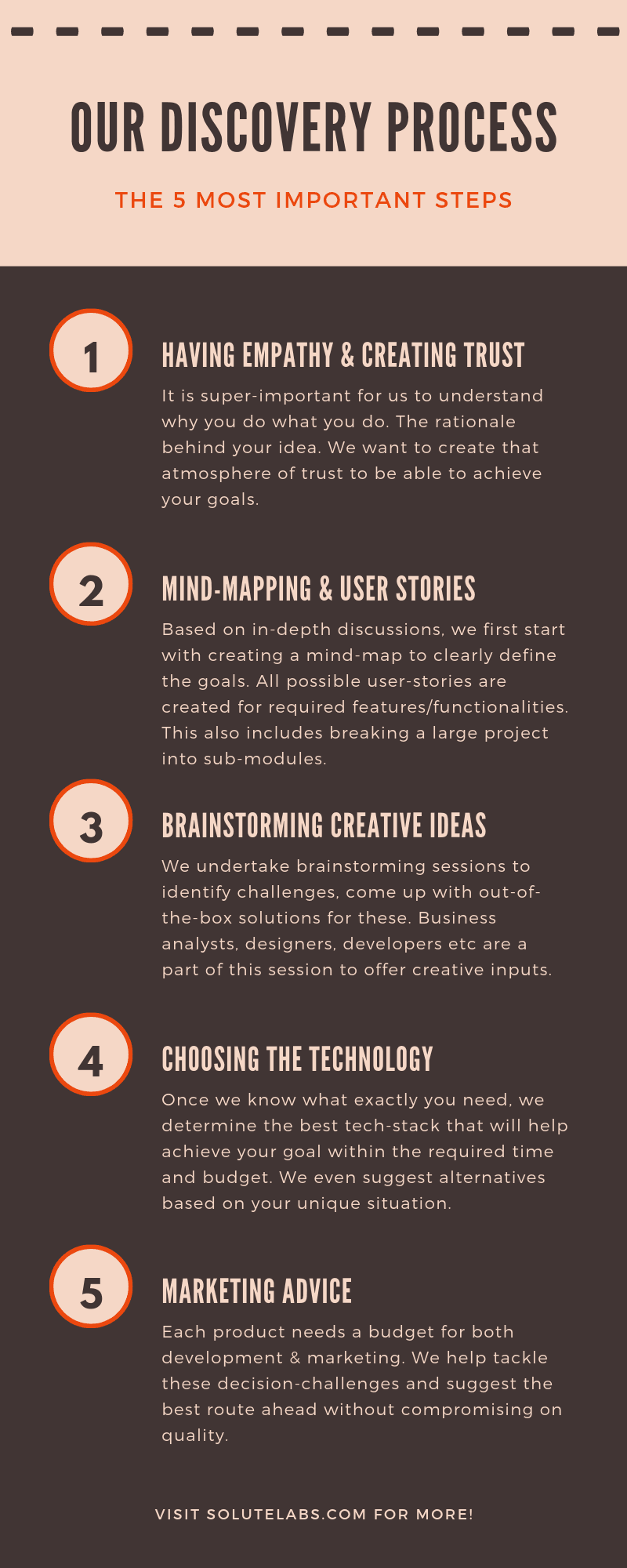
Moreover, we firmly believe in having multiple team members in the remote meeting to provide their own unique perspective. Timing can be an issue (one might wonder) but having clients spread across multiple time zones allows us to have a distributed work culture making things smoother.
Before we conduct a discovery session with a prospect, we ensure we have the agenda in place, which consists of -
- Things/points to cover
- How many team members will be attending (business analysts, designers, etc.)
- What each party will bring to the table
- Any relevant project, research document/file as required
Ending notes
As makers of products, we encourage both product owners and fellow agencies to do discovery meetings because these do lead to incredible outcomes and results for both parties.
Most simpler projects do not require discovery. However, when it comes to engineering complex products, it is a recommended course of action for all parties involved.
Let’s do a discovery meeting to discuss your product design and development strategy.







